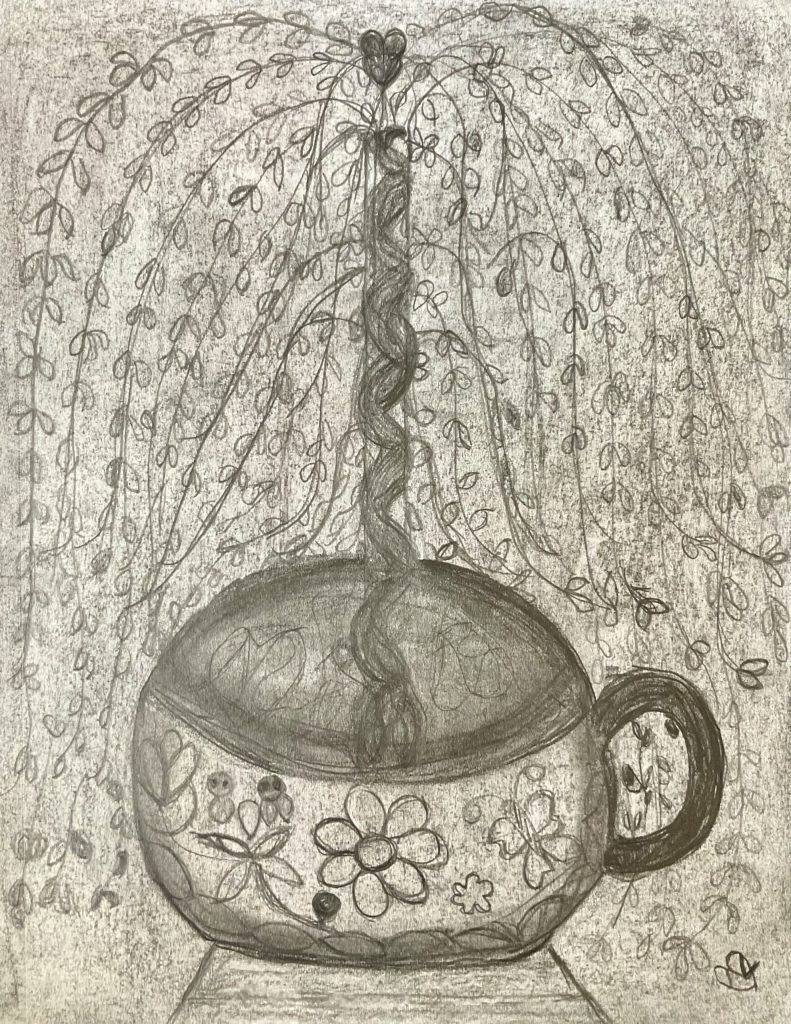PNES Poem
PNES Poem by Nita Dholakia To wake up in the morning is what I wish Waking up in the afternoon is my truth Morning or afternoon, getting up is my win Relaxed and peaceful sleep is now my dream Jolts and jerks with silent grunting Screaming from annoying pain My new routine is not plain …



